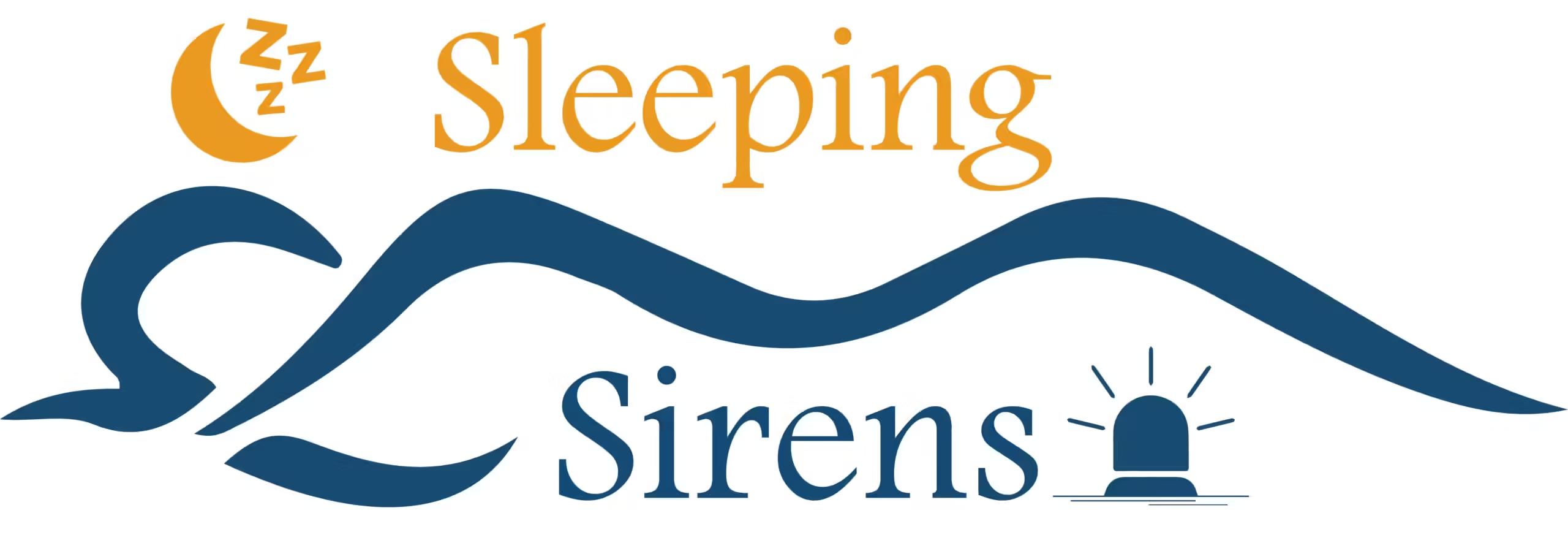In today’s digital age, where information is abundant and easily accessible, the importance of critical thinking cannot be overstated. With the rise of misinformation and fabricated alerts, it’s more crucial than ever to develop and apply critical thinking skills. This blog post delves into the significance of critical thinking, strategies to enhance these skills, and their real-world applications.

For more blogs like this please visit: sleeping sirens
Why Critical Thinking is Essential in the Digital Era
Identifying Misinformation and Fake News
The digital age has made it easier for false information to spread rapidly, especially through social media. Critical thinking (CT) skills enable individuals to identify misinformation and fake news. By evaluating the source of the information, analyzing the evidence provided, and checking for biases, one can make informed decisions about the validity of the information.
Promoting Analytical and Problem-Solving Skills
In the fast-paced digital world, the ability to analyze and solve problems quickly is essential. Critical thinking helps individuals break down complex issues into smaller parts and evaluate possible solutions. This leads to more effective decision-making in both personal and professional settings.
Encouraging Creativity and Innovation
Critical thinking also fosters creativity and innovation. By considering multiple perspectives and evaluating evidence, individuals can generate new ideas and solutions. This is particularly important in fields such as technology and business, where innovation is key to success.
Promoting Open-Mindedness and Tolerance
With access to a wide range of information, it’s important to be open-minded and tolerant of different perspectives. CT skills help individuals evaluate various viewpoints and consider alternative perspectives, leading to more productive conversations and a deeper understanding of complex issues.
Essential for Personal Growth and Development
CT skills are vital for personal growth and development. By evaluating evidence and considering different perspectives, individuals gain a deeper understanding of themselves and the world around them. This can lead to personal growth and a greater sense of empathy and compassion for others.
Strategies for Enhancing Critical Thinking Skills
Evaluate the Source
When encountering new information, consider the credibility of the source. Is it a reputable news outlet or a personal blog? Are there any conflicts of interest or biases that may influence the information presented? By critically assessing the source, one can determine its reliability and make an informed judgment.
Fact-Checking
In an era where misinformation spreads rapidly, fact-checking is an essential skill. Cross-referencing information with multiple sources and verifying claims can help identify inaccuracies or falsehoods. Fact-checking websites such as Snopes or PolitiFact can provide valuable insights into the veracity of various claims.
Analyze the Content
CT involves analyzing the content itself. Is the information presented logically and supported by evidence? Are there any logical fallacies or inconsistencies in the argument? By critically evaluating the content, one can identify potential biases or manipulations and make more informed decisions.
Consider Multiple Perspectives
In a digital age where echo chambers and filter bubbles are prevalent, seeking out diverse perspectives is important. Engaging with alternative viewpoints can help challenge our own biases and broaden our understanding of complex issues. This can be achieved by following diverse sources, participating in constructive discussions, and being open to different opinions.
Seek Expert Opinions
When faced with complex or technical information, consulting experts in the field can be beneficial. Experts have the knowledge and experience to provide insights and analysis that may not be readily available to the general public. Engaging with experts through interviews, podcasts, or reading their published works can help deepen understanding and provide a more nuanced perspective.
Real-World Applications of Critical Thinking
Example: Navigating the Controversy of Vaccinations
When searching for information on vaccinations, one may come across various sources with conflicting viewpoints. Employing critical thinking skills can help navigate through this overload of information:
- Evaluate the Source: Assess the credibility of articles or blog posts about vaccinations. Consider whether the source is a reputable medical journal or a personal blog with no scientific backing.
- Fact-Checking: Given the prevalence of misinformation surrounding vaccinations, fact-checking becomes essential. Verifying claims and consulting reliable sources such as the World Health Organization (WHO) or the Centers for Disease Control and Prevention (CDC) can help separate fact from fiction.
- Analyze the Content: Critically analyze the content to identify any biases or logical fallacies. Does the article present a balanced argument supported by scientific evidence, or does it rely on emotional appeals or anecdotal evidence?
- Consider Multiple Perspectives: Engage with different perspectives from medical professionals, public health experts, and parents to gain a comprehensive understanding of the issue.
- Seek Expert Opinions: Consult medical professionals or experts in the field to clarify doubts or misconceptions and make informed decisions about vaccinations.
Final Thoughts
The importance of CT in the digital age cannot be overstated. By developing critical thinking skills, individuals can navigate the abundance of information available to them and make informed decisions. Whether it is identifying misinformation, solving complex problems, or promoting creativity and innovation, critical thinking is essential for success in the digital age.
FAQs: The Critical Role of Critical Thinking in the Digital Age
1. What is critical thinking?
It is the ability to analyze information, identify biases, and evaluate evidence to make informed decisions. It involves logical reasoning, questioning assumptions, and considering multiple perspectives.
2. Why is critical thinking important in the digital age?
In the digital age, we are bombarded with information from various sources, including social media. CT helps us navigate this landscape by identifying misinformation, analyzing content, and making informed decisions based on credible evidence.
3. How does critical thinking help in identifying fake news and misinformation?
It involves evaluating the source of information, checking for biases, and analyzing the evidence provided. This process helps individuals discern between reliable information and false or misleading content.
4. Can critical thinking skills enhance creativity and innovation?
Yes, CT encourages considering multiple perspectives and evaluating evidence, which can lead to new ideas and innovative solutions. This is particularly valuable in fields like technology and business.
5. How can one develop critical thinking skills?
You can develop CT skills by:
- Evaluating the source of information for credibility.
- Fact-checking information with reliable sources.
- Analyzing the content for logical consistency and evidence.
- Considering multiple perspectives to challenge biases.
- Seeking expert opinions to gain deeper insights.
6. What are some real-world applications of critical thinking?
Critical thinking is applied in various scenarios, such as:
- Navigating controversies, like vaccinations, by evaluating sources, fact-checking, and consulting experts.
- Solving complex problems by breaking them down into smaller parts and evaluating solutions.
- Making informed decisions in both personal and professional contexts.
7. How does critical thinking promote open-mindedness and tolerance?
Critical thinking encourages evaluating different viewpoints and considering alternative perspectives. This leads to more productive conversations, greater understanding, and tolerance of diverse opinions.
8. Is critical thinking essential for personal growth?
Yes, critical thinking helps individuals evaluate evidence and consider different perspectives, leading to a deeper understanding of themselves and the world. This fosters personal growth, empathy, and compassion.
9. What role do experts play in critical thinking?
Consulting experts helps in gaining deeper insights and more nuanced perspectives, especially when dealing with complex or technical information. Experts provide valuable analysis that supports informed decision-making.
10. How can I join the FasterCapital community?
You can follow FasterCapital’s community of over 28K followers, including investors, mentors, and entrepreneurs, on social media. Visit our website for more information and opportunities to connect.
For more blogs like this please visit: sleeping sirens
More on this topic Read more…

